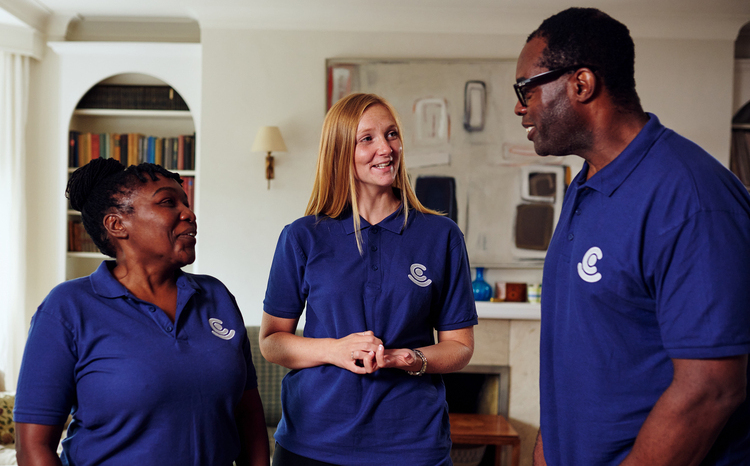Report calls for greater tech integration in adult social care
- 21 July 2021

Assistive technology (AT) should be key to the government’s planned reforms within the social care sector, a new report has said.
The ‘Employing Assistive Technology in Adult Social Care’ report from the County Councils Network (CCN) examined the prevalence of AT in county authorities; the support required to scale it up across the whole social care system; and includes recommendations on how to use AT to implement the proposed reforms of the sector.
Published in partnership with Tunstall Healthcare, the report found that although technology is being used effectively to improve care, there’s still more than can be done. It found that 75% of councils say AT is being partially realised within authorities, with 65% saying they have an AT strategy in place.
Some councils are already making great strides ahead in integrating AT with social care. In April this year, a £9m care technology service was implemented by Essex County Council to help support collaboration between health and social care.
But rurality, costs and a lack of knowledge were identified as significant barriers in embedding tech further into services. Two thirds (69%) of county authorities said AT was more difficult to roll out in rural areas, in comparison to urban spots. Respondents also highlighted that councils are reliant on temporary grant funding to deliver social care.
Gavin Bashar, UK managing director of Tunstall Healthcare, said: “The imminent reform of social care will only be successful in its aims of accountability, integration and interoperability if it ensures that digital innovation is central to care provision moving forward.
“AT is still sometimes viewed as an add-on or optional piece of care, but it must be mainstreamed and embedded into cultural change. Publication of case studies and good examples nationally, alongside national benchmarks, better training opportunities and an increased profile of the technology available would support more local authorities to invest.”
The report made several key recommendations:
- Ensure that social care reform includes a commitment to a National Strategic Framework for integrating assistive technology into social care.
- Ensure there is appropriate infrastructure in place to support the effective use of assistive technology.
- Facilitate improved education and training for social care professionals so they can confidently use the tech within their roles.
- Encourage greater co-creation of solutions with adult social care professionals and tech developers working collaboratively.
Cllr Keith Glazier, health and social care spokesperson for the County Councils network, viewed the report as being a step in the right direction: “The increasing potential for employing technology at scale and utilising data offers a tantalising possibility of having a significant impact on the way care is delivered; achieving better outcomes for vulnerable people of all ages, in a more cost effective way than more traditional models of care provision.
“But this can only be done with the right settings in place – and today’s report offers much food for thought as to how we can further embed AT in our local systems.”




